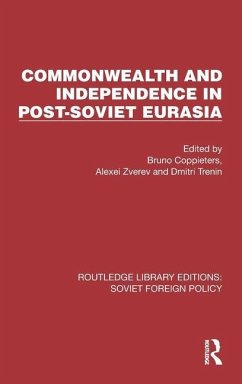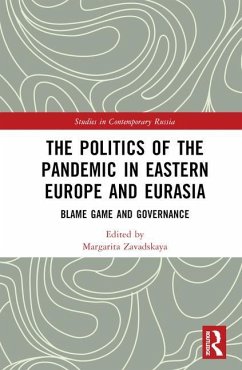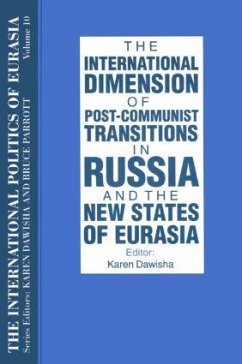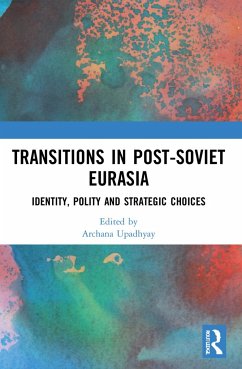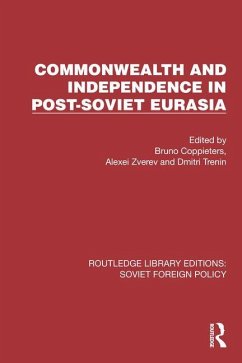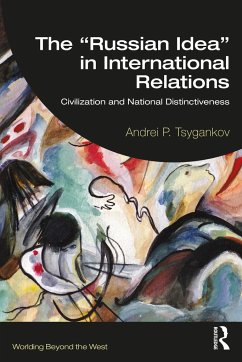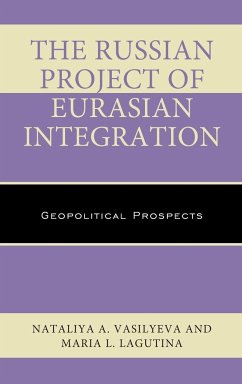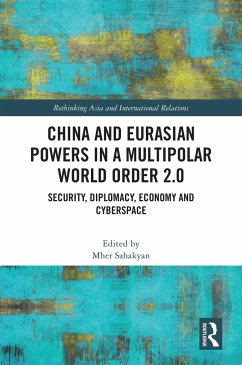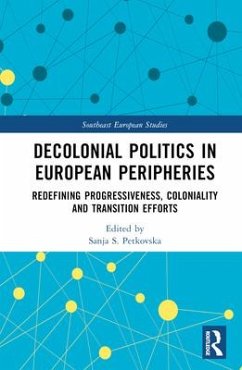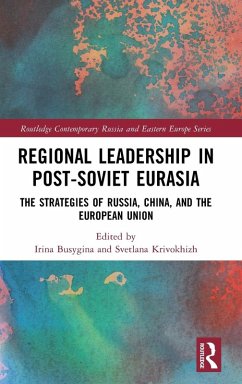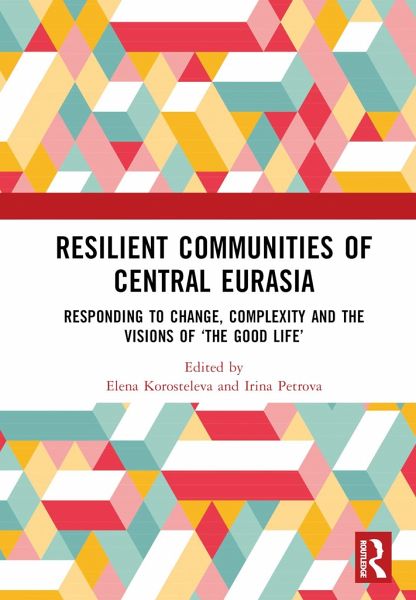
Resilient Communities of Central Eurasia
Responding to Change, Complexity and the Visions of 'The Good Life'
Herausgeber: Korosteleva, Elena; Petrova, Irina
Versandkostenfrei!
Versandfertig in 1-2 Wochen
148,99 €
inkl. MwSt.

PAYBACK Punkte
74 °P sammeln!
This book argues for the need to rethink governance through the lens of 'resilience as self-governance'. This book will be of great value to students and scholars in the fields of Politics including Eurasian politics and the various aspects of Governance.





